Teflon O-rings are comprised of a tough, stiff material that resists high temperatures and environmental elements. Teflon is a stiff material that won’t seal properly; thus, its mechanical qualities are worse than those of O-ring rubber. However, Teflon O-rings are ideal for a few particular applications, such as paint guns and automobile steering systems. Read More…
Since 1989, we have been an o-ring distributor. We offer commercial, FDA, military, metric o-rings, caps, plugs, gaskets & more. Custom, rubber o-rings, metal o-rings, diaphragms, face seals and non-standard o-rings are also offered.

A leading o-ring manufacturer of quality metric seals for industries worldwide, defines Allied Metrics Seals & Fasteners. We offer FDA-approved elastomers, Teflon® seals, o-rings & much more. Choose from o-ring sizes, metal & plastic o-rings, o-ring kits, o-ring seals, silicone o-rings, EPDM o-rings, static o-rings, etc. Call/visit our website for more information about our products & services!

RD Rubber Technology Corp is an ISO 9001:2015 / AS9100:2016 certified and ITAR registered company. We offer compression, transfer, injection and Liquid Injection molding, rubber to metal bonding, engineering support, tooling design, machining and more. Our customers rely on us to give them the best possible production o-rings. From aerospace to medical, food processing to military applications we ...
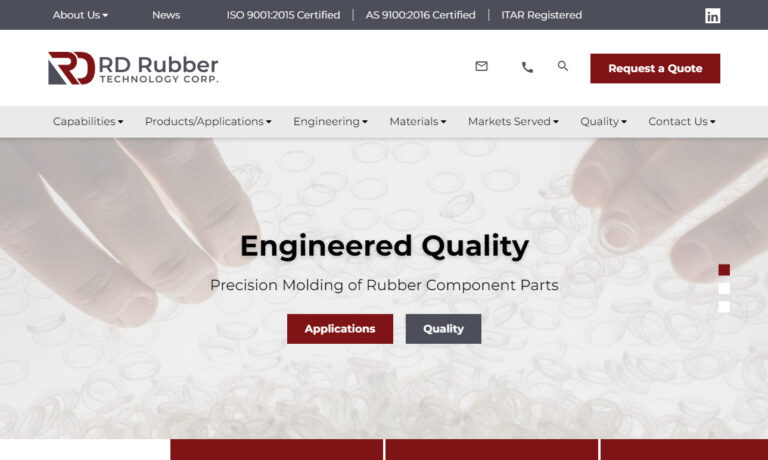
MSP Seals was founded in 1998 in Indianapolis, IN. Our company has been a major supplier of seals and various other materials, continually innovating and responding to the changing needs of our customers. We have introduced unique new products, o-rings, hydraulic/pneumatic packings, oil seals, and other types of seals, MSP Seals also supplies molded rubber shapes and lathe cut shapes.

At Seal Company, we pride ourselves on being a leading provider of high-quality O-rings and comprehensive sealing solutions tailored to meet the diverse needs of our valued customers. With decades of experience and a steadfast commitment to excellence, we have established ourselves as a trusted partner in the sealing industry. Our product portfolio encompasses a wide variety of O-rings, including ...

More Teflon O-Ring Manufacturers
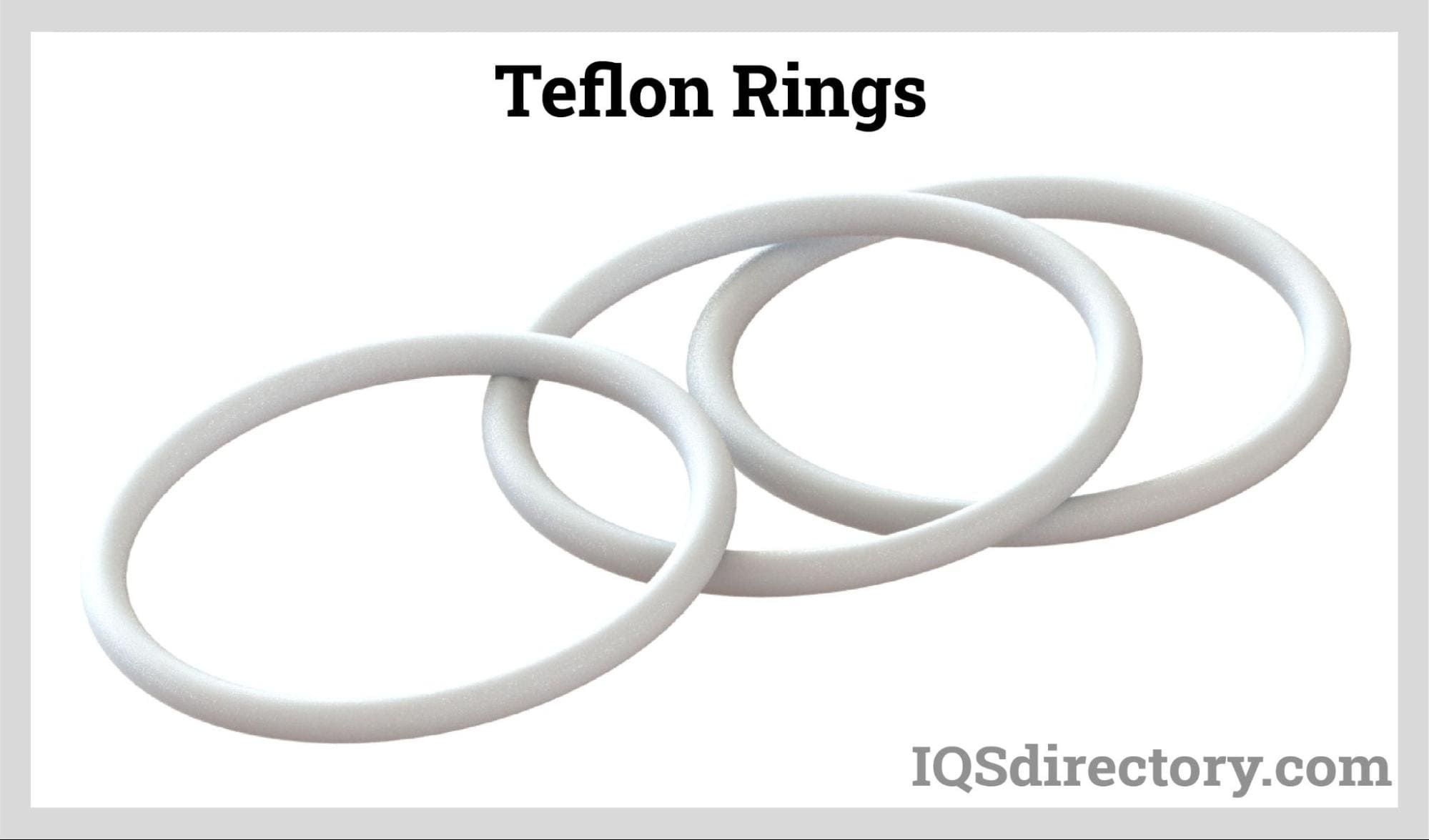
How Teflon O-Rings Are Manufactured
A variety of manufacturing processes, including extrusion, compression molding, injection molding, transfer molding, and machining, are used to make O-rings. They can be made from a wide range of materials, including silicone, polyurethane, neoprene, nitrile rubber, fluorocarbon, and other elastomers, depending on the application. Teflon O-rings are made from a polymer with a high molecular weight called polytetrafluoroethylene (PTFE) using the different methods below:
O-Ring Extrusion
Many O-rings are produced by extrusion. During the extrusion manufacturing process, a raw material is forced through a die or a set of dies, adopting the die's shape as it passes through. Some extrusion methods also call for a hopper to pour the heated raw material. O-rings are produced using a ring-shaped die. Extrusion comes in a variety of forms, such as cold, friction, and micro extrusion.
Pressure Molding
Pressure molding is another industrial technique used to make Teflon O-rings. It also goes by the name of compression molding and uses pressure and heat to produce three-dimensional objects. Some manufacturing businesses pump heated PTFE into a mold cavity to form Teflon O-rings. The top of the mold cavity is then equipped with a stopper that can apply pressure to the mold cavity. As pressure builds up inside the mold cavity, the preheated material takes the shape of the mold cavity.
Injection Molding
Teflon O-rings are also produced using the manufacturing method known as injection molding. Raw material (PTFE) is injected into a mold cavity in this process. The substance is heated to liquify it, and then it is injected into a mold cavity.
Transfer Molding
Pressure molding and transfer molding are comparable. In both production methods, a mold cavity is filled with preheated material. Compression molding and transfer molding both require mold cavities, but compression molding needs an open mold cavity. Transfer molding's closed mold cavity allows for the creation of higher pressure. As a result, finished items like O-rings frequently have a thicker and more uniform pattern.
Considerations When Using Teflon O-Rings
Compared to other materials, Teflon plastic O-rings are considered fairly restricted because they can only be utilized in temperatures between -100 and 400 °F (-73 to 204 °C). Teflon O-rings cannot be melted; thus, compression and sintering are used to create its rounded shape. Other O-ring polymers are formed using heat or die cutting equipment after a curing procedure. Many elastomeric O-rings have a Teflon sleeve or covering that shields the least durable rubber material from abrasion as well as from damaging and corrosive substances.
Teflon is ideal for preventing surface wear because it has a very low coefficient of friction and is inert, or chemically reacts with essentially no substances. Lubrication is another method for preventing O-rings from deterioration, especially when they are sealing two moving elements. Teflon is also non-permeable, uniform, nonflammable, able to withstand strong impact, and doesn't swell in response to temperature changes.
Characteristics of Teflon Rings
Since Teflon is one of the slipperiest solids ever created, it is resistant to almost all industrial chemicals and solvents, withstands extremely high temperatures, and is a superb insulator. Because of these properties, O-rings made from this material are frequently used for items that need an anti-stick surface. Teflon’s low coefficient of friction makes it an excellent choice for situations where components would move against one another.
Applications of Teflon O-Rings
Teflon O-rings occasionally incorporate additives, including glass, charcoal, graphite, and bronze, to increase the material's mechanical strength, stability, and wear resistance. Since many metal O-rings also incorporate plastic components to fill out their shapes, the practice of using metal as a filler for rubber Teflon O-rings is the same process in reverse. This procedure guarantees that O-rings will effectively seal the gap between two components of a machine or pipe system.
Teflon O-rings are useful in various applications in the automotive, medical, pharmaceutical, electrical appliance, and aerospace industries, particularly when additives are utilized. Brake systems, hydraulic cylinders, pistons, heat exchangers, and various water pumps are a few specific examples.
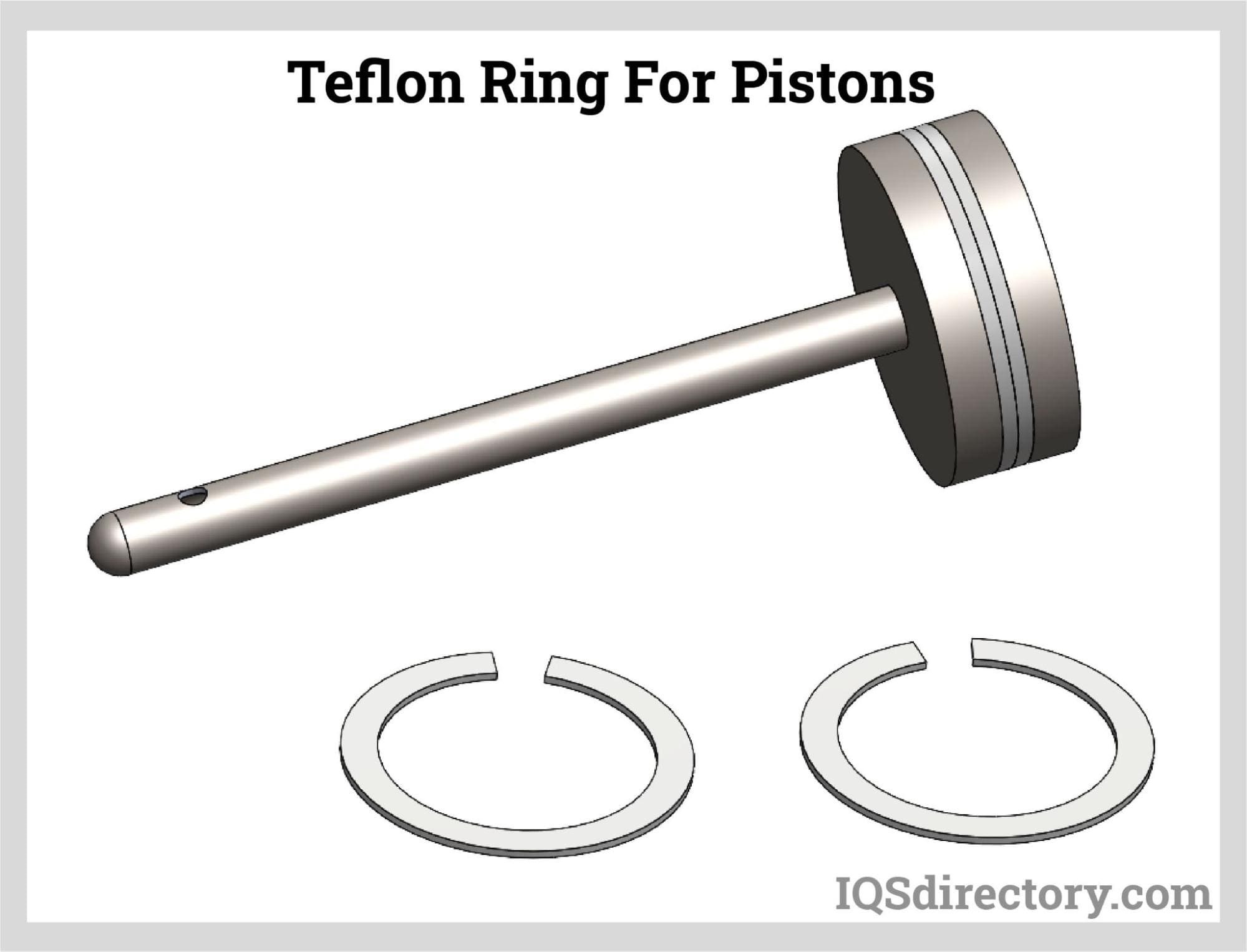
Benefits of Teflon O-Rings
- Compact installation space, simple structure, and small footprint
- Routine adjustment is not necessary because of their self-sealing function
- Static-sealing applications with good sealing performance and no leaks
- The movement has a low friction resistance, making it ideal when the strain changes
- Lightweight, affordable, and reusable
- Flexible for use in a wide range of implementations
Drawbacks of Teflon O-Rings
- Teflon O-rings are more complex than other O-rings
- Need special finishing after installation to regulate and reduce the higher leakage rate
- Cannot be reinstalled or reused
- Becomes disposable after a single use, unlike rubber seals
Because of all these factors, Teflon O-rings are only chosen when stronger chemical resistance and extreme temperature ranges are needed. Otherwise, rubber compound O-rings are typically favored over Teflon.
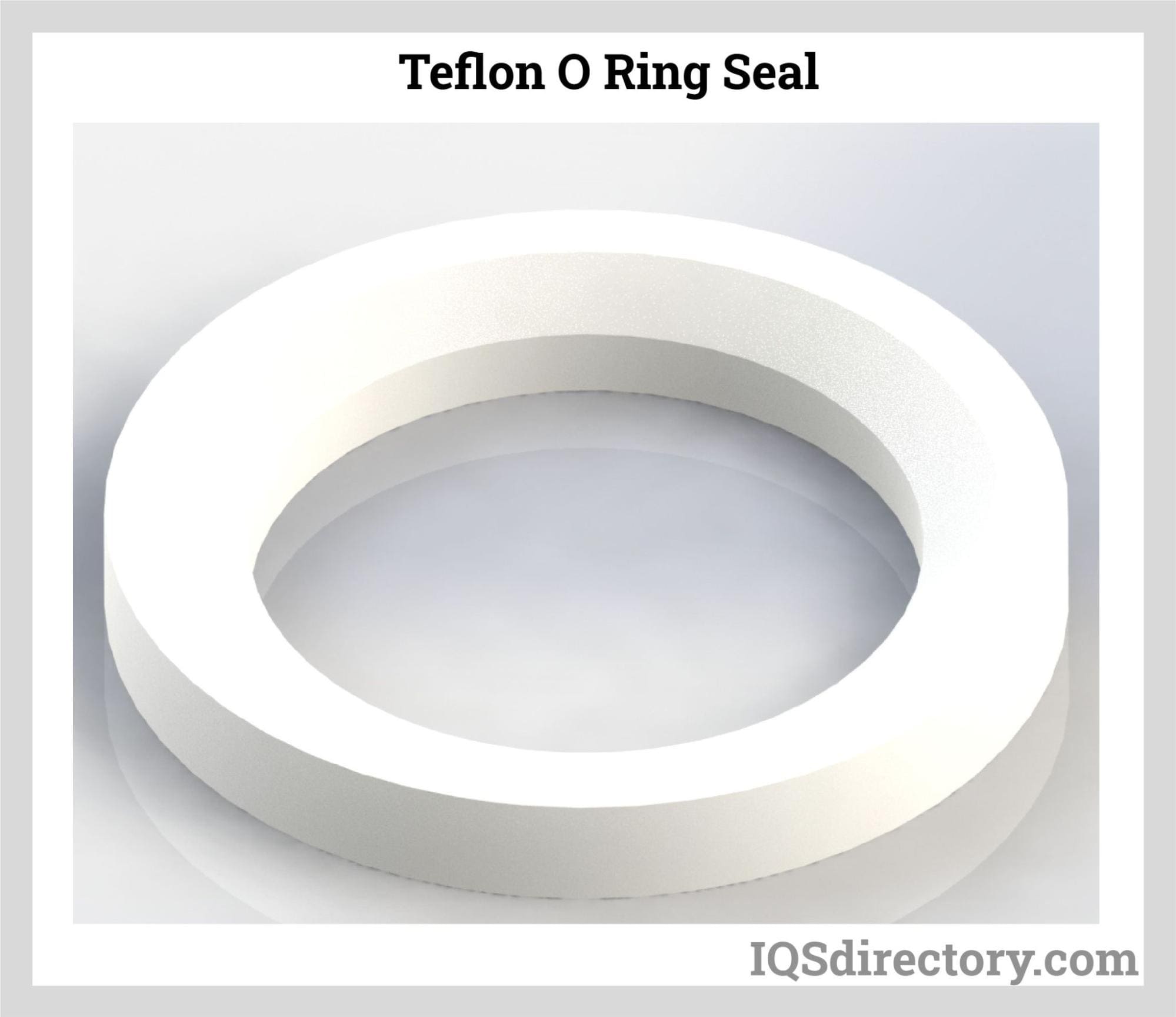
Choosing the Correct Teflon™ O-Ring Supplier
To ensure you have the most positive outcome when purchasing Teflon O-rings from a Teflon O-ring supplier, it is important to compare several companies using our directory of Teflon O-ring suppliers. Each Teflon O-ring supplier has a business profile page highlighting their areas of experience and capabilities, along with a contact form to directly communicate with the supplier for more information or request a quote. Review eachTeflon O-ring business using our proprietary website previewer to quickly learn what each company specializes in. Then, use our simple RFQ form to contact multiple Teflon O-ring suppliers with the same form.



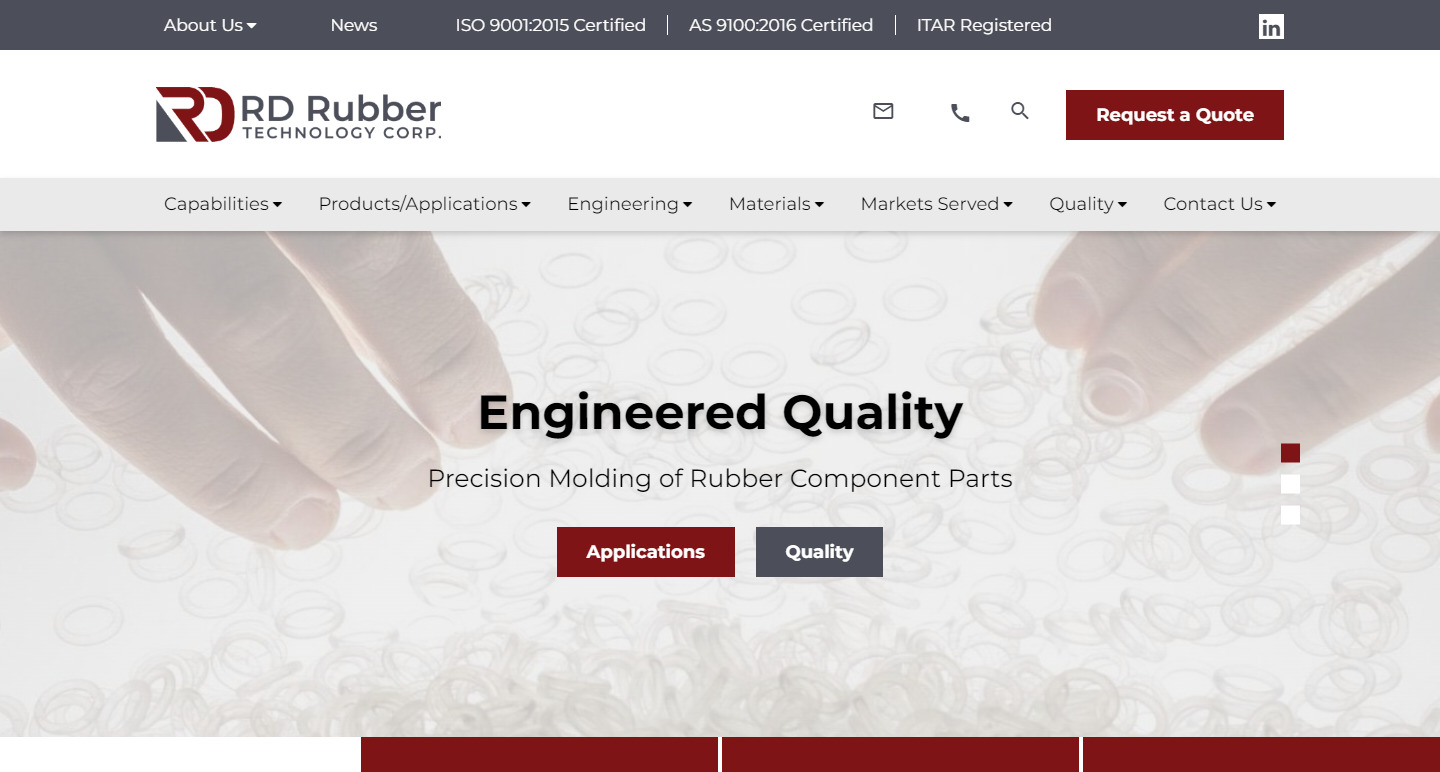


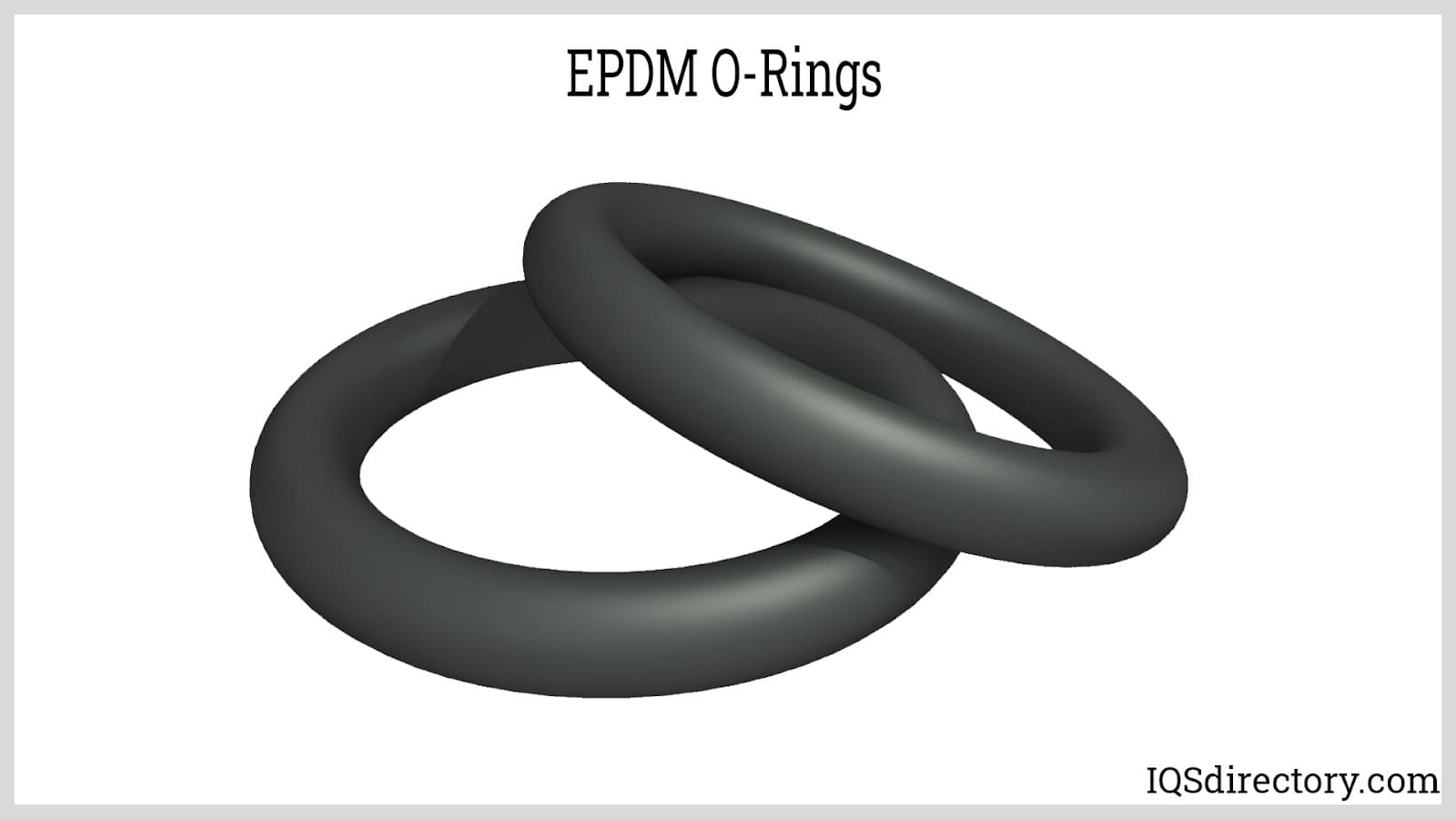
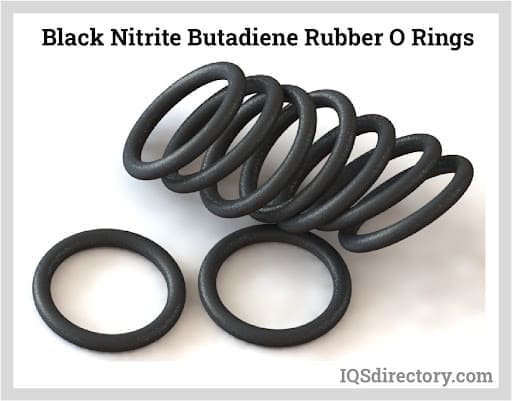
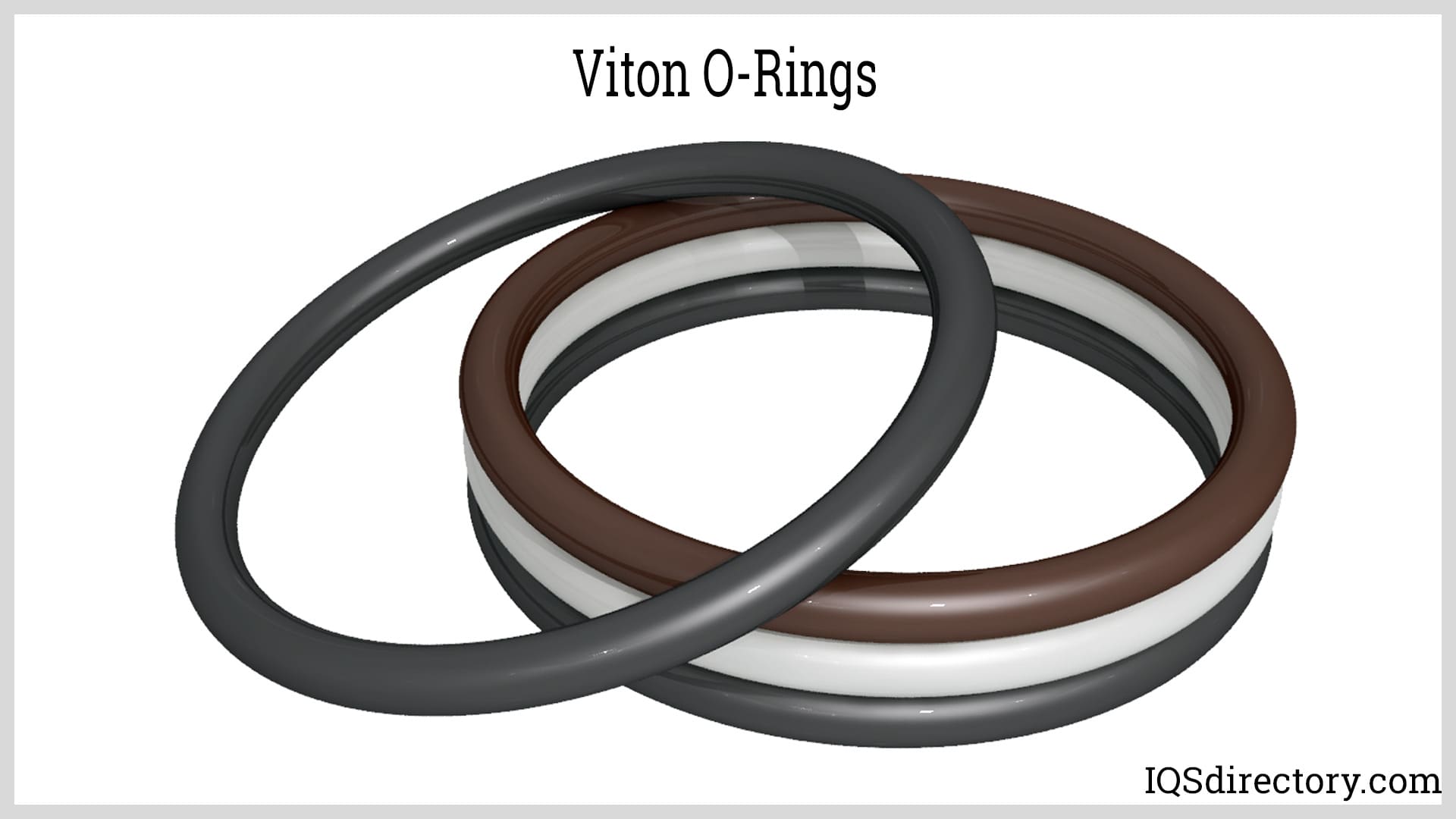
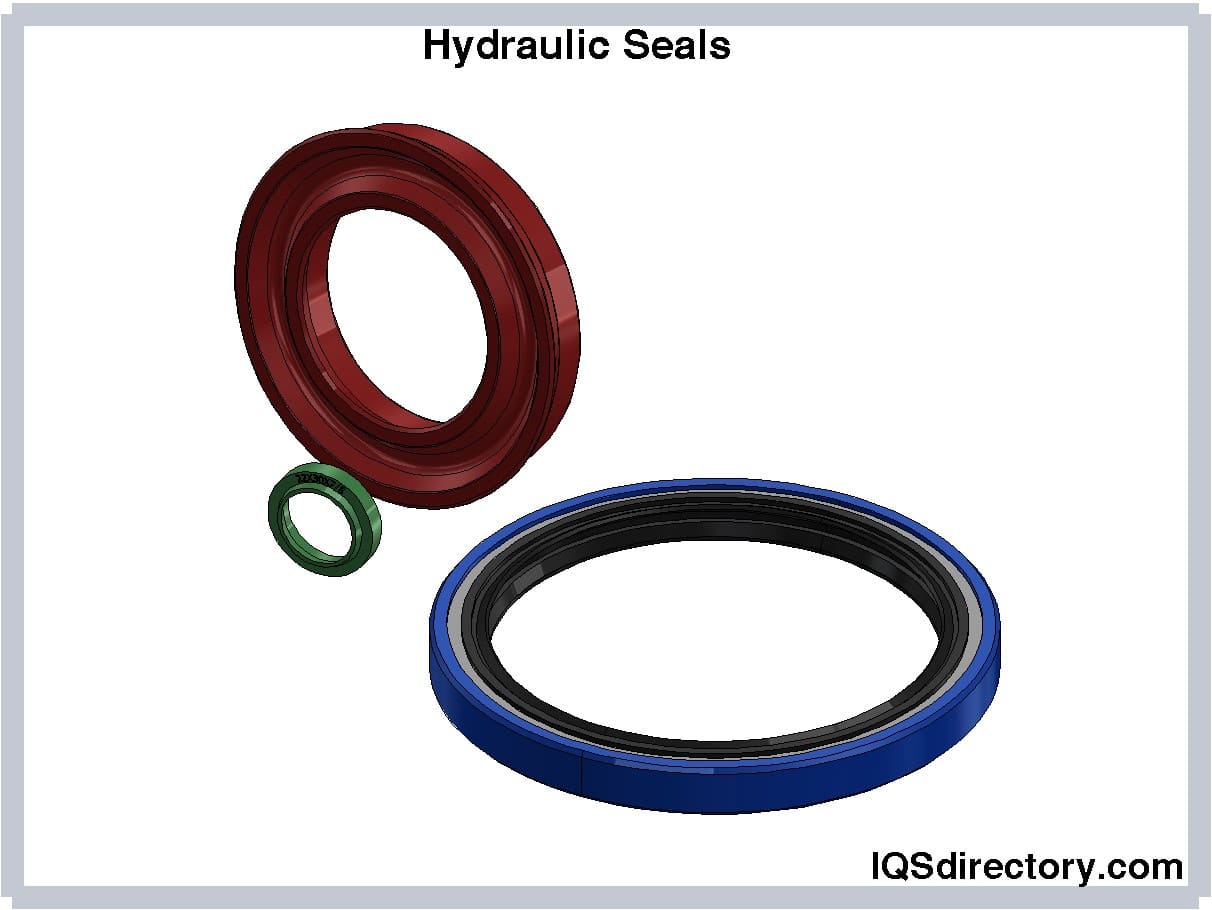
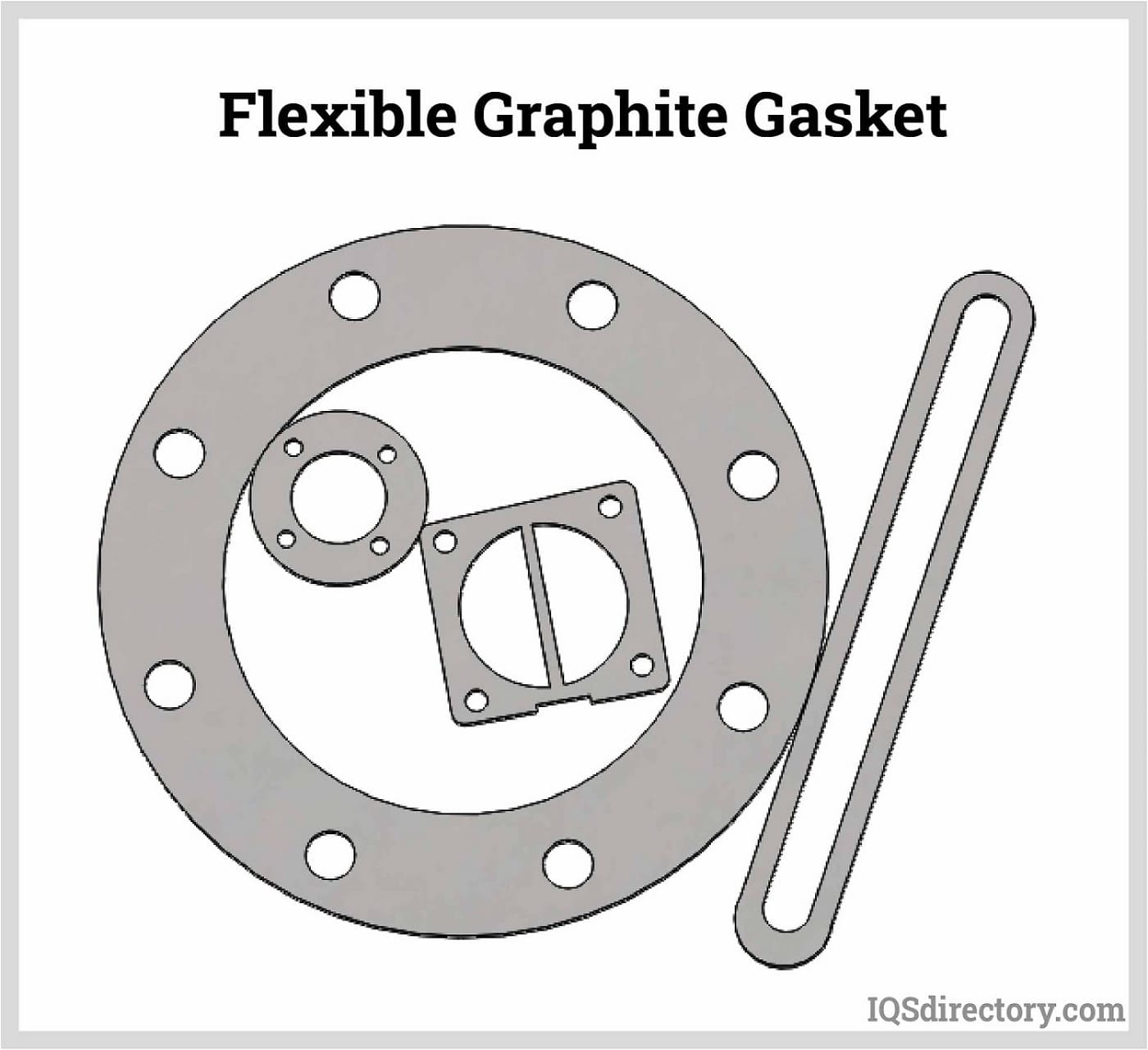
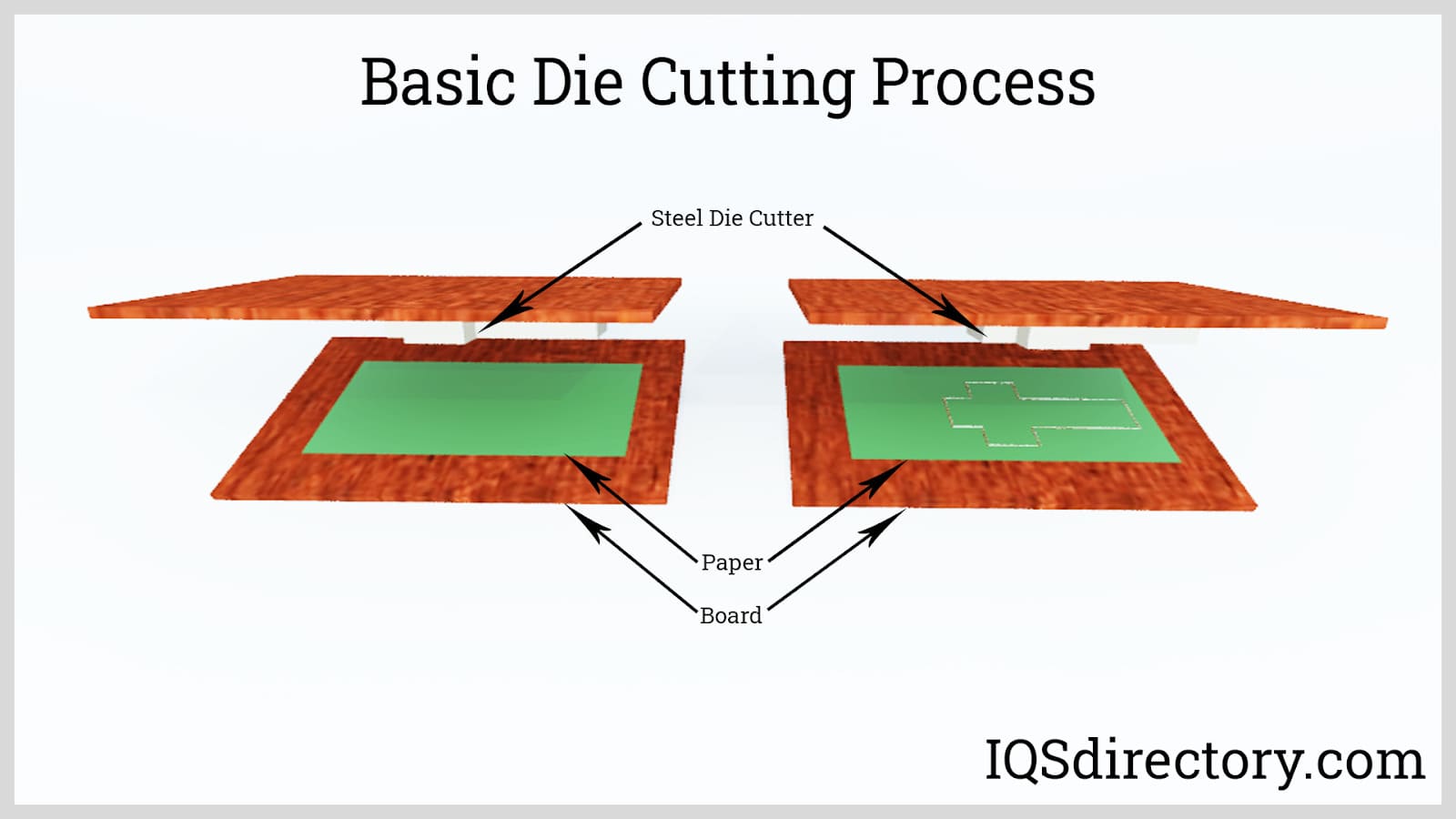
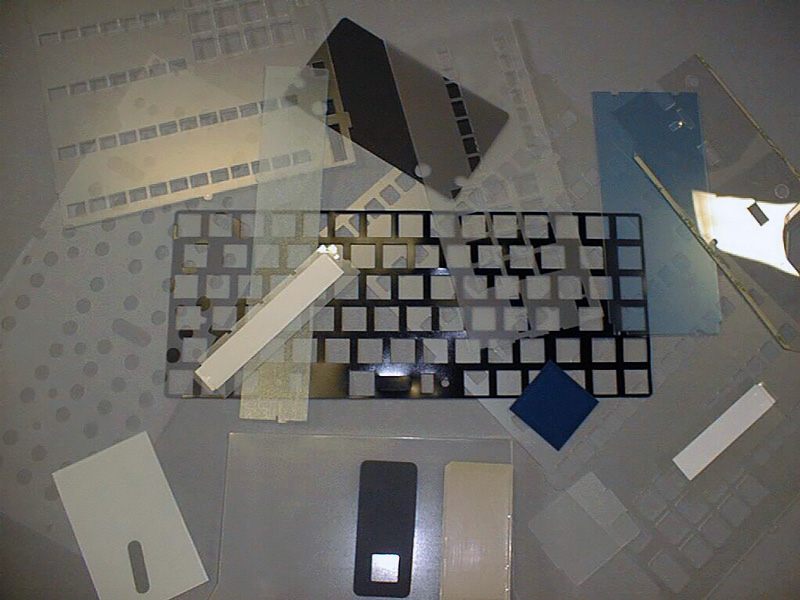 Die Cutting
Die Cutting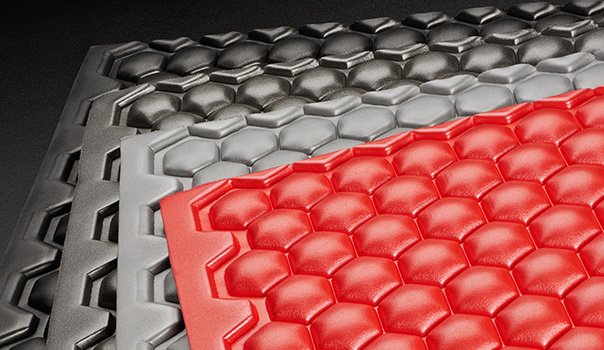 Foam Fab
Foam Fab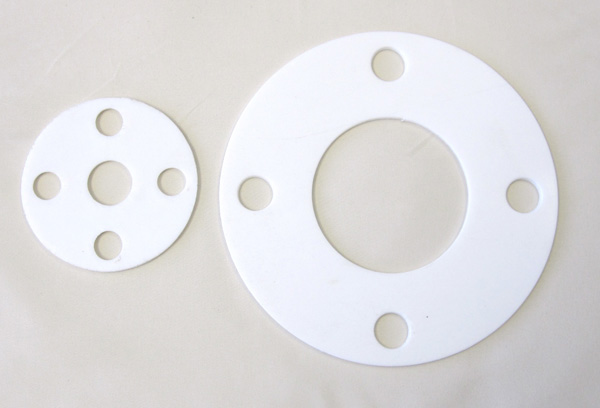 Gaskets
Gaskets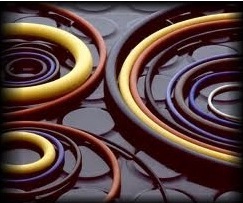 O-rings
O-rings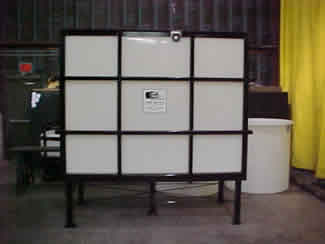 Plastic Fabricators
Plastic Fabricators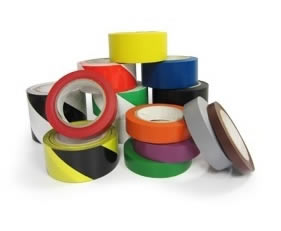 Tape Suppliers
Tape Suppliers Castings & Forgings
Castings & Forgings Bulk Material Handling
Bulk Material Handling Electrical & Electronic Components
Electrical & Electronic Components Flow Instrumentation
Flow Instrumentation Hardware
Hardware Material Handling Equipment
Material Handling Equipment Metal Cutting Services
Metal Cutting Services Metal Forming Services
Metal Forming Services Metal Suppliers
Metal Suppliers Motion Control Products
Motion Control Products Plant & Facility Equipment
Plant & Facility Equipment Plant & Facility Supplies
Plant & Facility Supplies Plastic Molding Processes
Plastic Molding Processes Pumps & Valves
Pumps & Valves Recycling Equipment
Recycling Equipment Rubber Products & Services
Rubber Products & Services